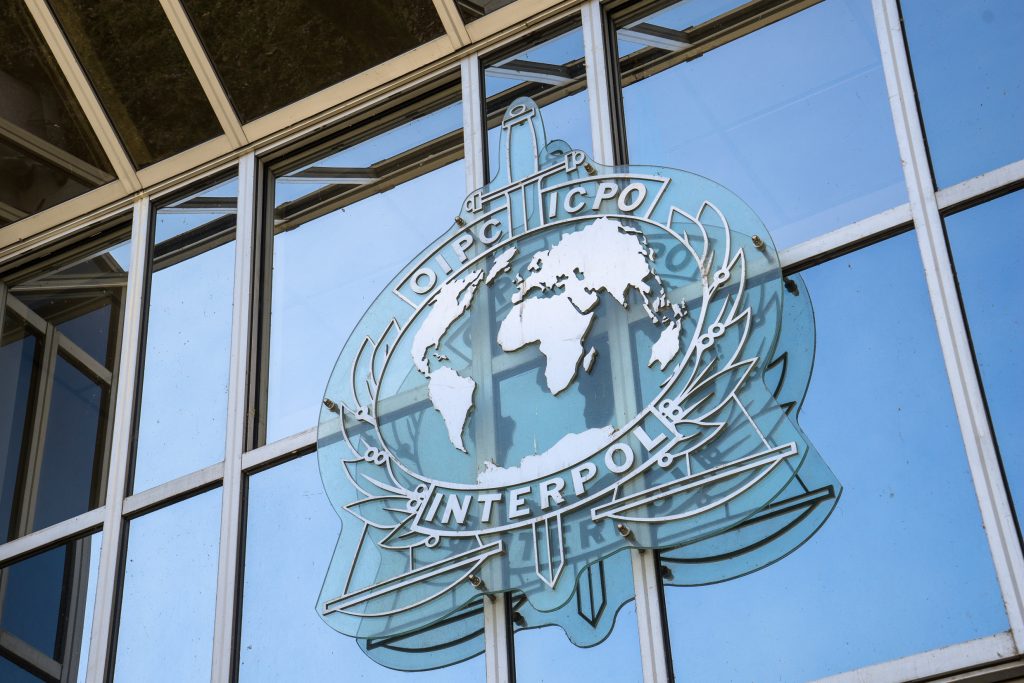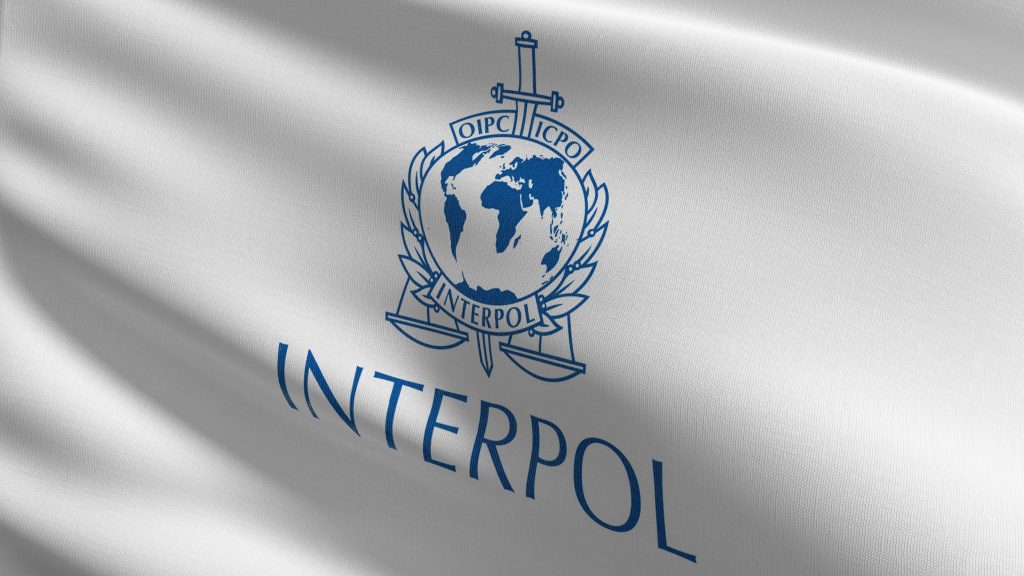The article was first published on 26 November 2025 by Newsweek.
Newsweek has published an op-ed by International Human Rights Advisors founders, Rhys Davies and Ben Keith, on the serious risks surrounding Türkiye’s Mustafa Serkan Sabanca, who was a frontrunner to become Interpol’s next President.
They explain why placing someone linked to systematic Red Notice abuse at the top of Interpol would undermine global trust and endanger dissidents, refugees and exiles who depend on the organisation’s neutrality.
Their conclusion is clear: Interpol cannot be led by an individual documented as subverting its rules.
—
INTERPOL delegates, including police chiefs, ministers and senior officials from all 196 member countries, are gathering to elect the organization’s next president. At stake is not a ceremonial title but the integrity of the world’s most important system of police cooperation. And the frontrunner, Turkey’s Mustafa Serkan Sabanca, appeared in a classified memo released this week that shows him advising officials on how to get around INTERPOL’s rules.
In the leaked memo, Sabanca “kindly requested” that Turkish officials recast a politically motivated case against a human rights lawyer in exile as an embezzlement matter. The original allegations, tied to the Gülen movement, could never survive Article 3, INTERPOL’s ban on political cases. The solution he proposed was simple deception. The memo is not ambiguous. It is not theoretical. It is a written instruction on how to disguise a political prosecution so it might pass through INTERPOL unnoticed.
The prospect of Sabanca’s election is akin to putting the North Koreans on the U.N. Human Rights Council. The contradiction is so absolute that it requires no elaboration. INTERPOL exists to shield global policing from political misuse; Sabanca has presided over precisely that misuse.
Turkey’s record makes the picture starker still. Earlier this year, the U.K. Parliament’s Joint Committee on Human Rights heard evidence stating that the country trails only Russia and China in its abuse of the Red Notice system, a tool similar in effect to an international arrest request, to target political opponents abroad. Since the 2016 coup attempt, Turkish authorities have submitted more than 3,500 Red Notice and diffusion requests aimed at alleged Gülen sympathizers—an unending stream of political vendettas packaged as criminal charges.
Against this backdrop, Sabanca’s memo is not an aberration. It is an insight into the system he helped build. The document is a clear indication that Sabanca advised Turkey’s National Central Bureau to disguise the real basis of an extradition attempt. The method is familiar: present dissent as fraud, opposition as organized crime, journalism as terrorism. The objective is always the same: to lure foreign courts, and INTERPOL itself, into treating political persecution as ordinary law enforcement.
The human consequences are not abstract. The lawyer targeted in the memo, now granted asylum in Belgium, fears the personal reach Sabanca would gain if elevated to INTERPOL’s top office. He is right to be afraid. A presidency that legitimizes such tactics would place dissidents, refugees and exiles in immediate jeopardy. Their safety depends on an assumption of neutrality. That assumption would not survive Sabanca’s election.
Democratic states, too, would feel the cost. INTERPOL’s authority relies on trust: trust that Red Notices reflect genuine criminality, trust that leaders uphold the organization’s constitution, trust that political neutrality means something. When the presidency is handed to an individual documented as seeking to erode those safeguards, the entire system becomes suspect. Judges will hesitate. Border officers will doubt. States will retreat from cooperation. Criminals, not authoritarians, will be the beneficiaries.
This is not a minor governance dispute; it is a test of whether INTERPOL can still act as the guardian of its own legitimacy. Member states have just hours left to prevent a profound error. Electing Sabanca would telegraph a message to abusive governments everywhere: persistence is rewarded, manipulation is forgiven and the rules are negotiable.
Symbols matter. Leadership matters more. An organization that depends on political neutrality cannot be led by a man who has already demonstrated a willingness to subvert it. The memo published this week makes the stakes unmistakable.
Member states should vote accordingly. The credibility of INTERPOL, and the safety of those who rely on it, demands nothing less.
—
Image: Shutterstock



